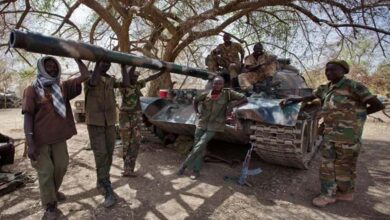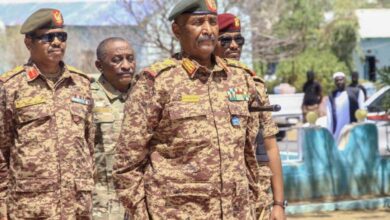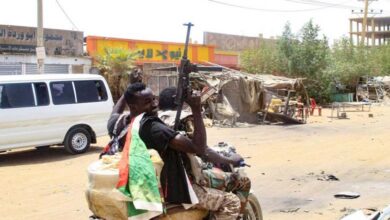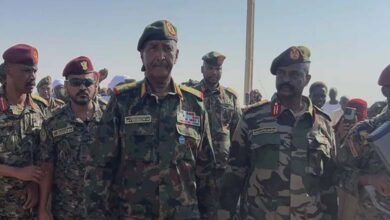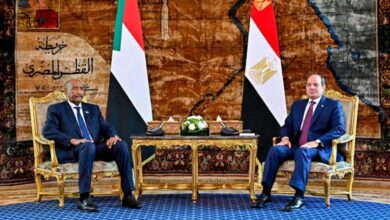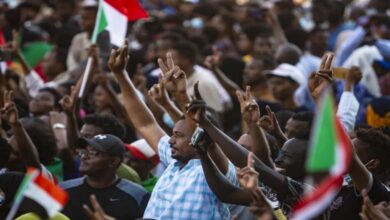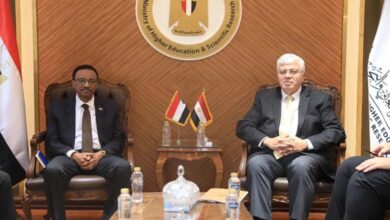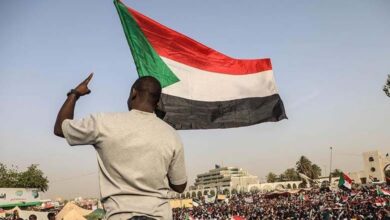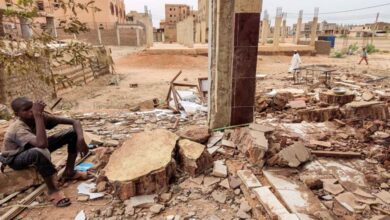Islamists and the Army: An Alliance That Sends Sudan Back to Square One
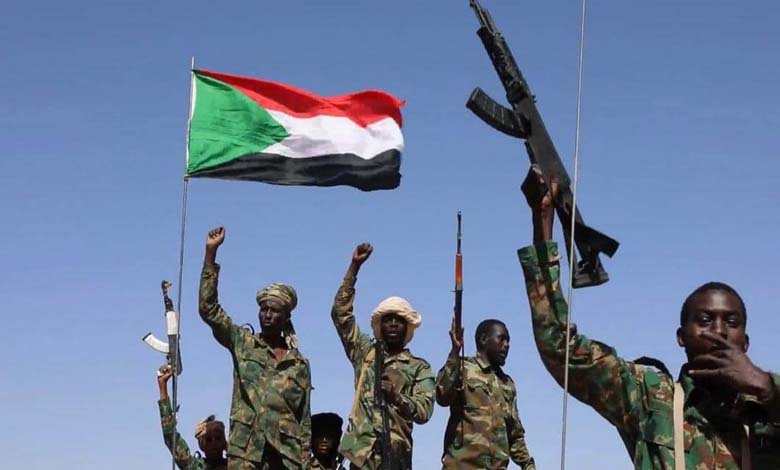
Since the fall of Omar al-Bashir’s regime in 2019, Sudanese citizens have held on to the hope of building a civilian, democratic state — one that would mark the end of decades of military dictatorship and ideological dominance by the Islamic movement. But recent developments, revealed by Reuters on May 25, 2025, suggest that this hope is now under serious threat as the Islamists return to the political scene with direct support from the army. What is unfolding is not merely a political maneuver, but a full-fledged project to recreate the old regime — with new faces, old regional alliances, and agendas that serve foreign interests skilled at manipulating chaos rather than the Sudanese people.
-
Calls to Designate the Islamic Movement Muslim Brotherhood in Sudan as a Terrorist Organization
-
Al-Khuwai Massacre: Investigation Uncovers Horrific Ethnic Cleansing Crimes in Kordofan by Islamic Movement Militias and Al-Baraa Ibn Malik Group
An Army Without Vision… and Power Without Legitimacy
Since Bashir’s ousting, Sudan’s military institution has wavered between embracing change and clinging to power. Today, it appears to be leaning toward reinstating authoritarian rule, exploiting internal conflict and divisions among civilian forces. Reports from Reuters clearly indicate that the army aims to impose a prolonged transitional period — not to pave the way for elections, but to consolidate its power and secure its position, even if that means rekindling ties with the Islamic movement overthrown by the Sudanese revolution.
Darkening the picture further are statements by Ahmed Haroun, head of the dissolved National Congress Party, claiming that the next elections will mark the Islamists’ return to power. This is not a personal opinion but a reflection of the Islamists’ confidence in a strong alliance with the military. In essence, this is not a struggle between civilians and the army — it is a joint project to restore authoritarianism under the guise of false electoral legitimacy.
-
The Islamic Movement’s Retreat and al-Burhan’s Silence: Questions Surround the Political and Military Cover Behind the Strategic Strikes in Port Sudan
-
The Military and al-Burhan’s Ties to the Islamic Movement: Secret Agreements and New Fronts
Suspicious Regional Alliances: Iran, Qatar, and Turkey in the Background
The most alarming revelation in recent reports is that Islamist leaders have reached out to their old allies — Iran, Qatar, and Turkey — to supply weapons to the army. This move draws Sudan back into the circle of rival regional axes and places it squarely in the camp of forces that have long supported political Islam and its expansionist goals — at the cost of regional stability.
This alignment poses a direct challenge to the moderate Gulf states, particularly the UAE, which played a key role in ousting Bashir and curbing Islamist influence. Renewing alliances with the Iran–Turkey–Qatar axis not only shifts regional dynamics but also risks turning Sudan into a battleground for older power struggles, with the Sudanese people paying the price in blood and security.
-
The Situation in Sudan: The Army and the Islamic Movement in an Unstable Scene
-
The Islamic Movement in Sudan: Political History Military Connections and Renewed Political Fronts
The Islamists’ “Seize the Moment” Strategy
The Sudanese Islamic movement has historically proven adept at exploiting crises. After Bashir’s fall, many expected its retreat, but it quietly reestablished itself within state structures through alliances with powerful military figures. Its current support for the army — in arms and funding — is no act of goodwill; it is part of a deal to return to power via a fake civilian front or elections engineered to secure victory for its allies.
What worsens the situation is the absence of a unified national project from the civilian forces, which are fragmented by internal disputes and leadership rivalries — leaving a vacuum now filled by the army and Islamists through populist rhetoric and foreign alliances.
-
The Political History of the Islamic Movement in Sudan and Its Relationship with the Army: The Case of al-Burhan
-
Efforts to Bridge the Divide within the Islamic Movement… The Sudanese Muslim Brotherhood on Hot Coals
Sudan in the Crossfire
Sudan’s political landscape today points toward an uncertain future. The return of the Islamists with military backing will further entrench divisions between civil and military actors, and complicate any genuine political process. Domestically, this alliance will revive exclusionary policies and marginalization — the very sparks of the 2019 revolution. Regionally, it will place Sudan in direct conflict with the UAE and other nations that see the Islamists’ return as a threat to their interests and security.
The irony is that the army — meant to safeguard the nation — has become the main obstacle to democratic transition. Since the onset of internal conflict, it has proposed no comprehensive political solution, instead using the situation to entrench its rule, even at the cost of opening Sudan to Iranian, Turkish, and Qatari influence, and plunging it into renewed international isolation.
-
The Attempted Assassination of al-Burhan Sparks Debate on the Involvement of the Islamic Movement and the Army
-
Are Yasser Al-Atta’s statements by order and direction of the Islamic movement ?!!
Back to Square One
If this path continues, Sudan risks not just failure in its democratic transition, but descending into a phase even harsher than under Bashir — with power shared between a dominant military and a vengeful Islamist movement. The solution will not come from within this military–Islamist pact, but from internal popular pressure and strong regional and international support for civilian forces.
What is happening today is not a purely Sudanese affair — it is part of a broader battle for the region’s future. The return of the Islamists, aided by the army, strikes at the heart of every democratic civilian project in the Arab world. It sends a chilling message: tyranny can return, as long as it is backed by money, arms, and ideology.
-
Islamic Movement Fueling Sudan’s War
-
Islamic Militias in Sudan Carry Out Horrific Ethnic Cleansing in Al-Khuwai and Al-Hammadi



